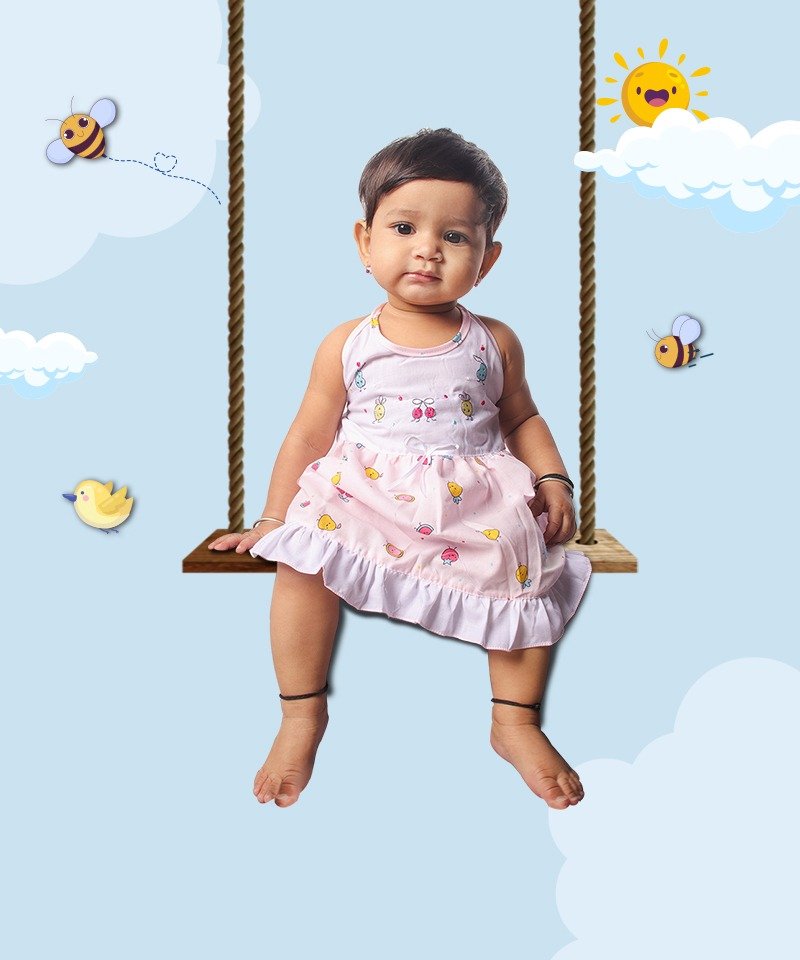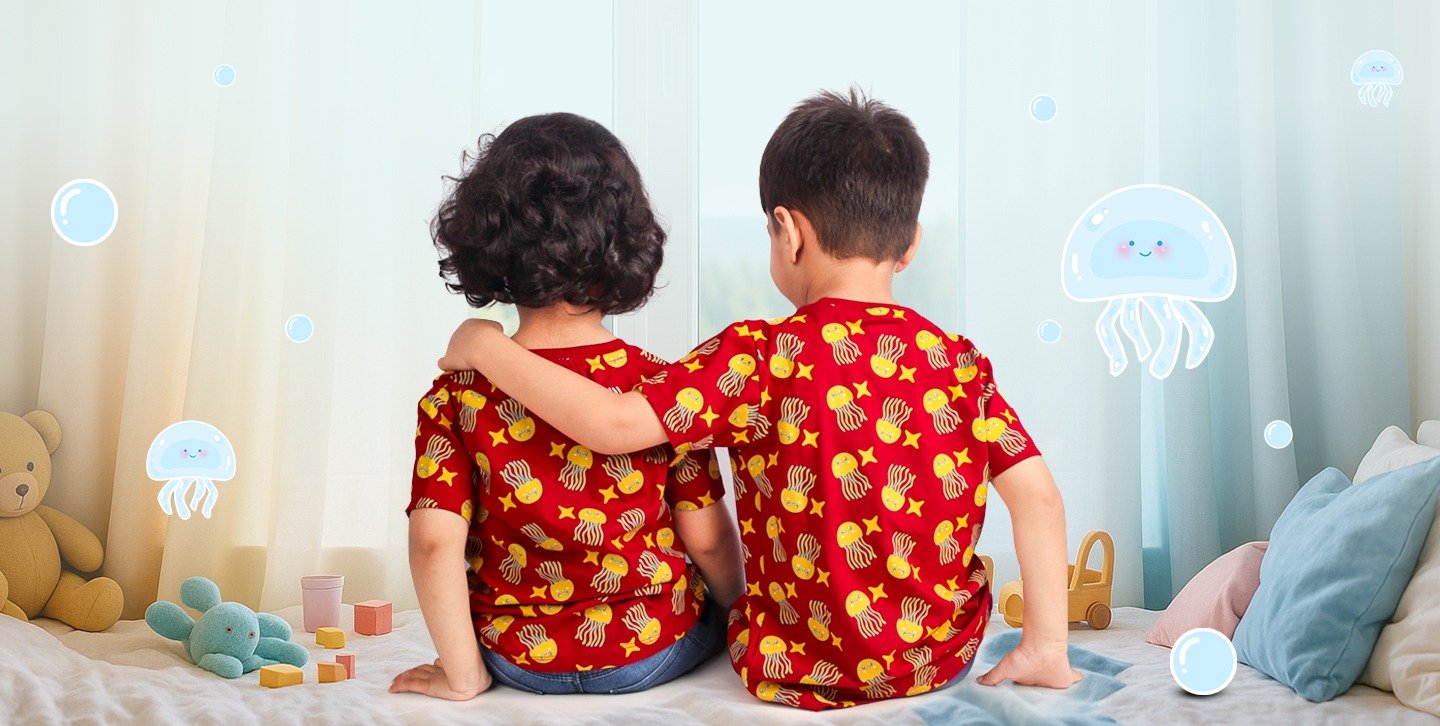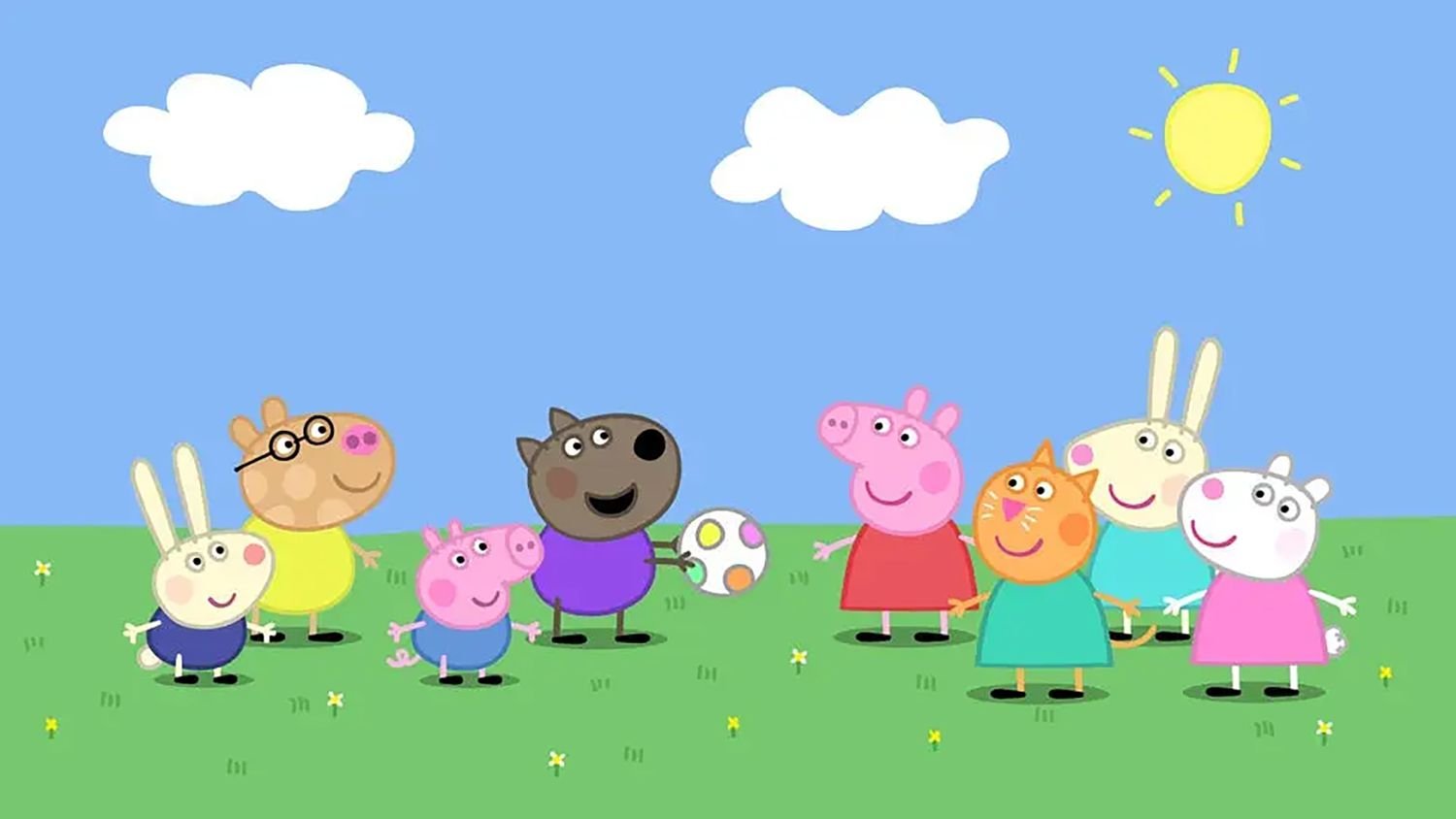Family forms the foundation of every child’s emotional, social, and psychological development. Whether it’s a warm hug after a long day or patient guidance through life’s first lessons, the presence of a supportive family shapes how children see themselves and the world around them. In this blog, we explore the family importance in a child’s life and why it plays a critical role in helping children grow into confident, caring, and competent individuals.
What Is a Family?
A family is much more than just a group of people related by blood or legal ties—it is a circle of unconditional love, care, and support. While traditionally defined as people connected by birth or marriage, the modern understanding of family goes beyond biology. A family consists of those who nurture, guide and stand by you through every phase of life. It is where we first learn values, experience love, and understand the meaning of belonging. Families can take many forms in today’s society, and each plays a vital role in shaping an individual’s identity and emotional well-being.
There are different types of families, each offering unique dynamics and support systems:
- Nuclear Family: Consists of parents and their children living under one roof.
- Single-Parent Family: A family where one parent raises the child or children due to separation, divorce, or other circumstances.
- Extended Family: Includes grandparents, aunts, uncles, and cousins who contribute to a child’s upbringing and support.
- Blended Family: Formed when two families merge due to remarriage, including stepparents and stepsiblings.
- Chosen Family: Close friends or mentors who are not biologically related but play a crucial familial role in one’s life.
Regardless of its form, a family is synonymous with trust, comfort and a sense of belonging. It serves as the emotional foundation where individuals feel seen, supported, and valued. From the moment we are born, family influences who we become and how we experience the world, acting as our first school, our first support system, and often, our lifelong sanctuary.
Why Family Is Important for Children's Growth
Children thrive on connection, and family provides the first and most essential one. Why is a family important? Because it creates the base where values are learned, emotional safety is provided, and life skills are developed. For children, every small interaction, be it having breakfast with a parent or being tucked into bed by a grandparent, contributes to their understanding of love, respect, and belonging.
Family is an Emotional Support System
From the moment a child is born, they rely on their family for care and comfort. The importance of family in this phase cannot be overstated. Emotional nurturing gives kids the security to explore the world, knowing they have a safe space to return to. Whether it’s coping with a scraped knee or a bad day at school, family members are often the first responders to a child’s emotional needs. This constant support helps children develop resilience and a positive self-image, traits they carry throughout their lives.
Role of Family in Shaping Values and Behaviour
The role of the family in instilling core values and shaping behaviour is unmatched. Through everyday actions, families teach children the difference between right and wrong, how to treat others with respect, and how to manage emotions constructively.
Leading by Example
Children are keen observers. When they see family members being kind, respectful, or generous, they absorb these traits. The roles of family members, whether a mother comforting her child, a father helping with homework, or a sibling sharing a toy, send powerful messages about cooperation, compassion, and responsibility.
What Is the Importance of Family in Building Identity?
A child’s sense of identity begins within the walls of their home. Family traditions, stories, cultural practices, and even inside jokes give children a unique understanding of who they are and where they come from.
Creating a Sense of Belonging
The importance family in establishing a child’s roots is immense. Whether it’s celebrating festivals, learning the family language, or hearing stories of ancestors, these experiences foster pride and continuity. Children who understand their family background often grow up with a stronger sense of self-worth and direction.
Parents' Role in Kids' Life: The Heart of the Family
When discussing the importance of family, the central role of parents deserves special attention. Parents are a child’s first teachers, role models, and safety net. They guide kids not only in academics but also in navigating emotions, building friendships, and understanding the world around them.
Being Present and Involved
Parents’ role in their kids’ lives involves more than just providing food and shelter. It’s about being emotionally available—listening, encouraging, and guiding. Whether it’s attending a school play or helping solve a problem, these moments reinforce to the child that they matter.
Encouraging Healthy Communication
Open and respectful communication within families enables children to express themselves freely and openly. It builds emotional intelligence and trust. Parents who regularly talk and listen to their kids equip them with the confidence to express themselves and resolve conflicts peacefully.
Also Read: Cute Potato India: A Made-in-India Babywear Story
What is the Importance of Relatives in Our Lives?
The importance of relatives in our lives is often overlooked, but they play a crucial role in expanding a child’s support network. Aunts, uncles, cousins, and grandparents bring additional layers of love, wisdom, and security to a child’s life.
Lessons Beyond the Immediate Family
Grandparents, in particular, offer a wealth of life experience and patience. Their stories and guidance can instil values and wisdom that span generations. Cousins often become early friends and companions, teaching children about sharing, conflict resolution, and social interaction.
Joint Family Importance
In today’s fast-paced world, the importance of the joint family is sometimes overlooked, yet it provides a unique learning environment for children. In a joint family setup, kids observe diverse interactions and learn life lessons that may not emerge in nuclear settings.
Learning Through Observation: Joint families offer the benefit of multiple role models under one roof. Children observe various adults managing responsibilities, resolving disputes, and caring for one another, which helps strengthen their understanding of social roles and empathy.
Why Do We Need a Family?
So, why do we need a family? Because family is the only place where love is unconditional and support is non-negotiable. Children without a dependable family environment often experience emotional instability and a lack of self-assurance.
Foundation for Future Relationships: The way a child is treated at home often reflects in how they treat others. Strong family bonds foster trust, empathy, and collaboration—skills essential for forming meaningful relationships in adulthood.
Safety Net in Times of Crisis: Families provide a constant safety net—emotionally, financially, and socially. For children, this translates into courage: the courage to try, fail, and try again, knowing someone has their back.
Practical Ways to Strengthen Family Importance in a Child’s Life
Let’s explore some practical, everyday actions that nurture family importance in children’s lives:
1. Spend Quality Time Together: Daily routines, such as mealtimes, bedtime stories, or weekend outings, reinforce the connection. Even a 15-minute daily check-in can make a significant difference.
2. Celebrate Traditions and Milestones: Marking birthdays, holidays, or family rituals instils a sense of continuity and togetherness.
3. Share Stories and Memories: Talk about family history, achievements, or even struggles. This gives children perspective, pride, and context.
4. Encourage Open Conversations: Let kids express their fears, dreams, and ideas. Listening without judgment fosters mutual respect.
5. Support Each Other’s Growth: Whether it’s helping with schoolwork or celebrating a sibling’s sports win, showing up makes a difference.
Inclusive View of Family Structures
It’s important to remember that families come in all shapes and sizes. Single-parent households, blended families, same-sex parent families, and adoptive families all contribute uniquely to a child’s development. The importance of family lies not in its structure but in the strength of its bonds.
Love Over Labels: No matter what form a family takes, what truly matters is the presence of unconditional love, support, and trust. Children flourish when they feel accepted and valued, regardless of who makes up their household.
The Lifelong Impact of a Strong Family Foundation
The lessons learned within a supportive family last a lifetime. Children who grow up feeling loved and valued are more likely to succeed academically, form healthy relationships, and become empathetic, resilient adults.
Long-Term Emotional Stability: A strong sense of why family is important anchors kids through life’s challenges. It gives them the tools to manage stress, seek needed help, and recover from setbacks.
Promoting Independence with Security: Ironically, a secure family environment helps kids become independent. They take risks, explore new opportunities, and form identities, knowing they have a safe place to return to.
Final Thoughts: Family Importance in a Changing World
In an increasingly fast-paced and digital world, the importance of family in a child’s life is more crucial than ever. Amid changing societal norms and rising individualism, the family remains a constant source of grounding, love, and guidance. Whether it’s a traditional joint family or a small nuclear one, the values, lessons, and love imparted by family members shape not only individual children but the very fabric of society.
So, what is the importance of family in a kid’s life? It’s everything—from the invisible thread that builds their identity to the guiding light that shows them the way. It is the heartbeat of a child’s emotional world and the launchpad for all their dreams.
By nurturing strong family bonds, we’re not just raising children—we’re raising future leaders, caregivers, and kind human beings. That’s the power and promise of family.
Explore Now
-

Soft Cotton Muslin Baby Wash Cloths – Set of 3
₹229.00Original price was: ₹229.00.₹139.00Current price is: ₹139.00. -

Yellow Duck Print Muslin Cotton Baby Bib – Cute & Comfy Feeding Bib for Infants
₹199.00Original price was: ₹199.00.₹109.00Current price is: ₹109.00. -
 This product has multiple variants. The options may be chosen on the product page
This product has multiple variants. The options may be chosen on the product pageAdorable Jellyfish & Starfish Print T-Shirt for Boys
₹690.00Original price was: ₹690.00.₹483.00Current price is: ₹483.00. -
 This product has multiple variants. The options may be chosen on the product page
This product has multiple variants. The options may be chosen on the product pageDive into Cuteness! Adorable Jellyfish & Starfish Print T-Shirt
₹690.00Original price was: ₹690.00.₹483.00Current price is: ₹483.00. -
 This product has multiple variants. The options may be chosen on the product page
This product has multiple variants. The options may be chosen on the product pageSoft Cotton Baby Pajamas – Set of 3
₹1,199.00Original price was: ₹1,199.00.₹759.00Current price is: ₹759.00. -
 This product has multiple variants. The options may be chosen on the product page
This product has multiple variants. The options may be chosen on the product pageMuslin Cotton sleeves Jhablas – Duck, Bunny, Camel Prints – Set of 3
₹1,199.00Original price was: ₹1,199.00.₹759.00Current price is: ₹759.00. -

Avocado Print Muslin Cotton Baby Bib – Soft & Absorbent Feeding Bib for Infants
₹199.00Original price was: ₹199.00.₹109.00Current price is: ₹109.00. -


















